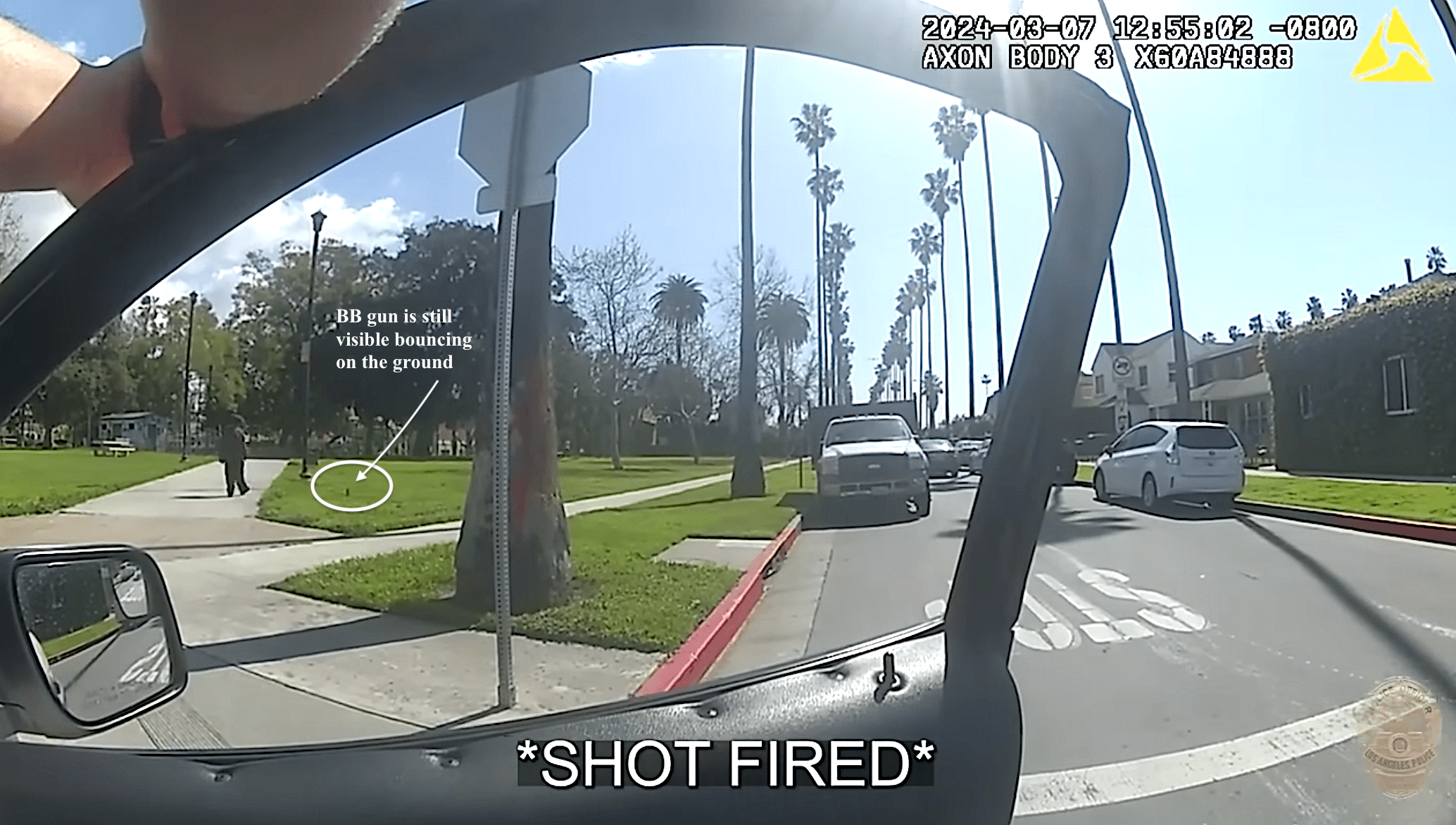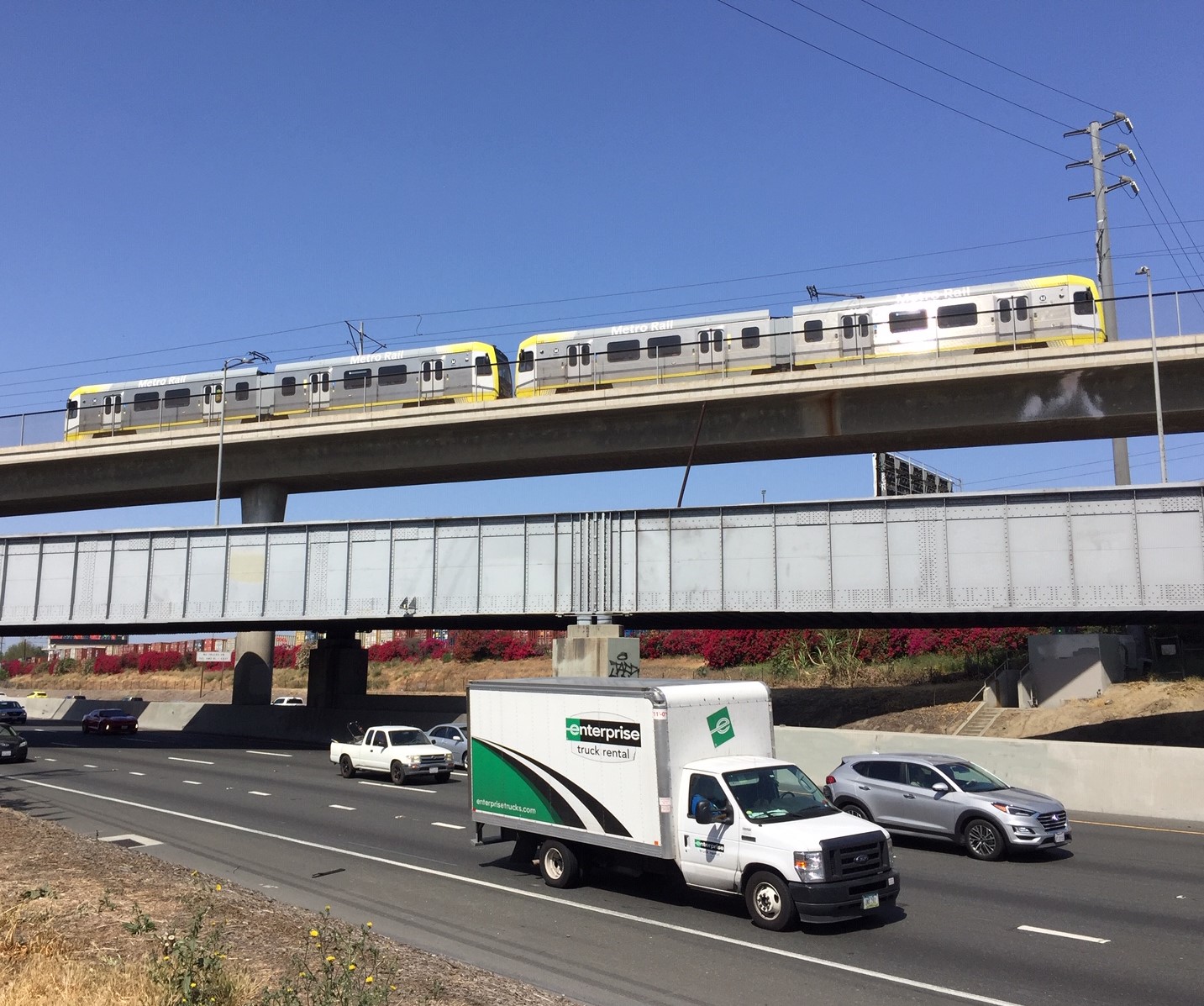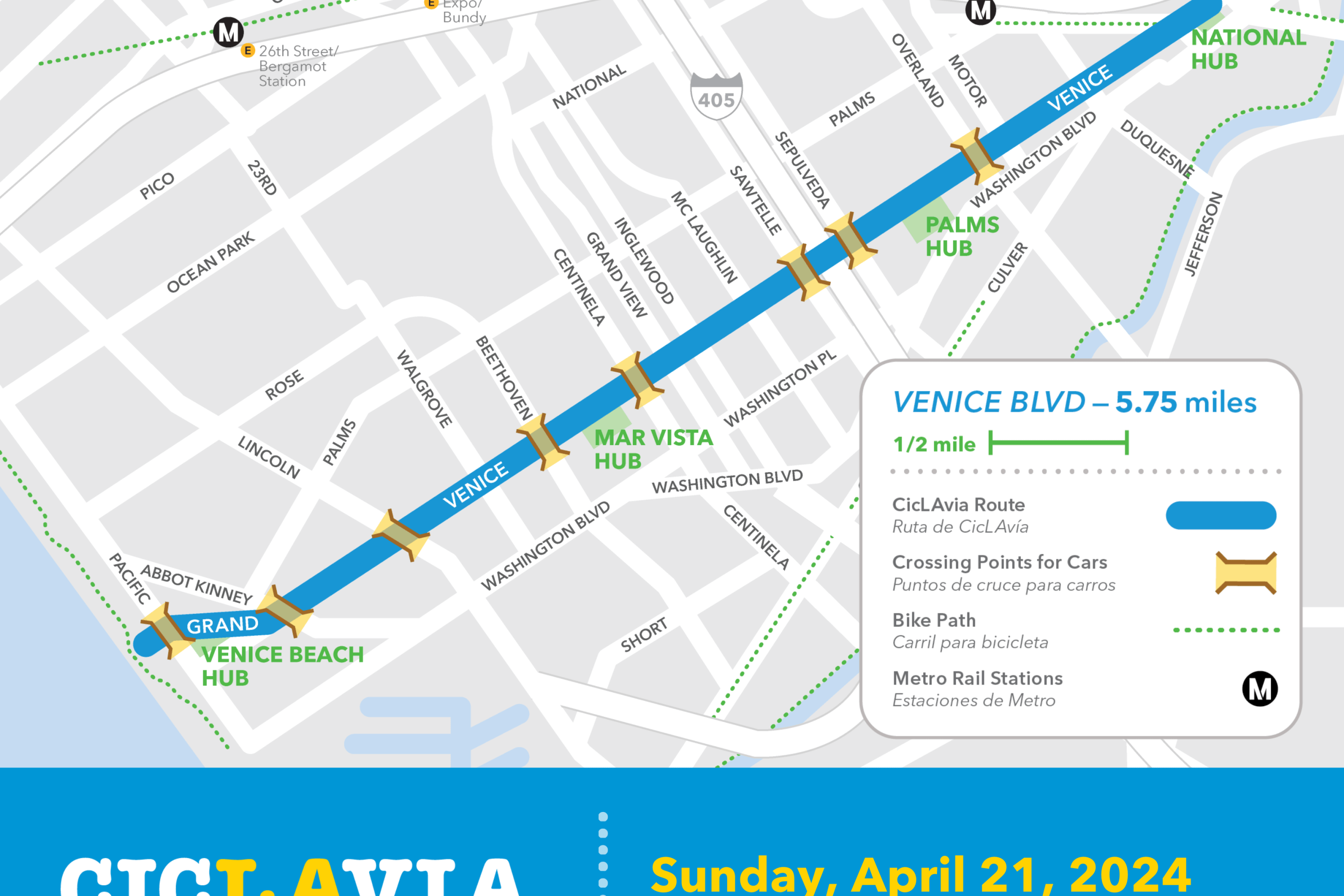 The Chicago City Council has approved by a vote of 40-5
The Chicago City Council has approved by a vote of 40-5
a deal to privatize the city's 36,000 metered parking spots for the
next 75 years, trading meter revenues for an upfront payment of $1.15
billion.
Under the agreement with Morgan
Stanley Infrastructure, meter rates will rise substantially and some
meters
will operate overnight and on Sundays. Chicago currently nets $20
million a year from its meters, and revenue should triple or quadruple
given planned meter rates. The deal is by far the largest of its kind
in the US and
continues Chicago Mayor Richard Daley's privatization of city
transportation infrastructure,
including Midway Airport and the elevated Chicago Skyway.
The
agreement is interesting from a transportation reform perspective
because the higher meter rates, applied through modern meters, will
help sharply reduce double-parking and cruising traffic. This means
less air pollution, less time wasted in traffic, and more potential
street space for sidewalk extensions, bikes and buses.
Despite these benefits, Chicago's privatized road to parking reform has serious flaws. The concession will cost future taxpayers
several hundred million to even a billion dollars in foregone parking
revenue -- a lot to pay to outsource the political will to raise rates.
Additionally, none of the upfront payment will be dedicated to
transportation improvements. The bulk of the money will go to balancing
the budget and fiscal "stabilization" with $100 million earmarked for
social programs.
Chicago will soon have the highest meter rates in the United States. The 8,100 meters in the Loop Central
Business District will rise 50 cents to $3.50/hour next month and $6.50 by 2013. Neighborhood rates will quadruple
to $1 an hour next year and reach $2 by 2013. (San Francisco's SFpark is also raising rates, though it's not clear how fast and by how much.)
Daley’s press press release further details how meter rates will be set:
- The City will implement graduatedmeter rate increases over a period of five years that will bring rates closerto market level. After that, any increases will be subject to the approval ofthe city council and are expected to be at the rate of inflation.
- These increases will be the firstin more than 20 years for more than 25,000 of the 36,000 meters.
- By the middle of 2011, all metersmust have both cash and cashless payment options.The City Council retainsthe right to revise the meter increases, change the number of meters or thehours of operation. But to the extent the City takes action that negativelyimpacts meter revenue, it will be obligated to make the private operator whole.
Despite its problems, the Chicago deal should send a loud message to
New York, and other big US cities, that they are leaving huge sums of
potential public revenue untapped, and contributing to traffic
congestion and air pollution by leaving meter rates too low.
Photo: itsbetteronamac/Flickr
 The Chicago City Council has
The Chicago City Council has 



